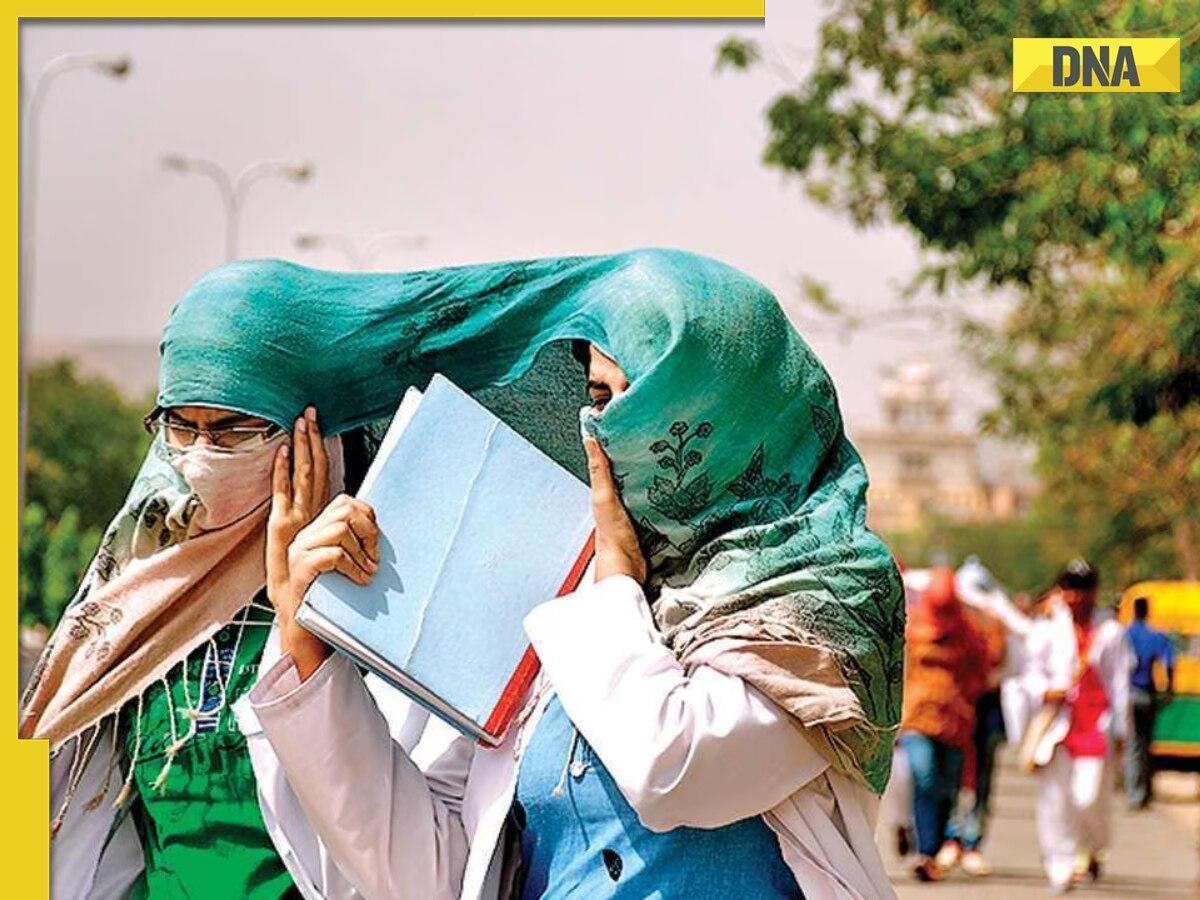
Delhi recorded 52.3 degrees Celsius on Wednesday, marking the highest-ever maximum temperature for the national capital, specifically recorded in Mungeshpur. This extreme heatwave has caused an unprecedented rise in Delhi’s power demand, which has surged to an all-time high of 8,302 MW. For the first time in history, the city’s power needs have surpassed the 8,300-MW threshold, a figure that is significantly higher than the already steep 8,200 MW peak estimated by power distribution companies for this summer, according to discom officials.
Explaining the phenomenon behind these soaring temperatures, Kuldeep Srivastava, head of the regional Indian Meteorological Department (IMD), noted that the outskirts of Delhi are particularly vulnerable to early incursions of hot winds from Rajasthan. “Parts of Delhi, like Mungeshpur, Narela, and Najafgarh, are the first to bear the brunt of these hot winds, which worsens the already intense weather conditions,” he said.
The record-breaking 52.3 degrees Celsius has put an enormous strain on the daily lives of Delhi’s residents, intensifying challenges ranging from health issues to infrastructural concerns. Hospitals across the region have reported an uptick in cases related to heatstroke, dehydration, and other heat-related ailments. The city’s healthcare system is groaning under the pressure, prompting authorities to anticipate emergency protocols for the coming days.
Additionally, the extreme heat is putting immense stress on the city’s water supply, triggering the Delhi Jal Board to enforce stringent measures. One such measure is a Rs 2000 fine for wasting water, as the national capital grapples with a severe water crisis. Given the rising scarcity, residents are urged to use water judiciously and implement conservation practices in their daily routines.
Power tariffs are also expected to see a hike as electricity distribution companies scramble to meet the escalating demand. Some areas in the city are experiencing rolling blackouts due to the strain on the grid, adding another layer of difficulty for Delhi’s denizens. Efforts are underway to stabilize the power supply, but the soaring demand continues to challenge the system’s resilience.
.
Urban heat islands within Delhi exacerbate these heatwave conditions, with concrete structures and asphalt roads absorbing and re-radiating the oppressive heat. This phenomenon not only elevates temperatures but also deteriorates air quality, amplifying the public health hazard. Residents in densely built areas, particularly those lacking substantial green cover, are suffering the most.
Experts suggest that the heatwave is not an isolated event but a stark indicator of broader climatic changes, urging for a multi-faceted approach to mitigate its effects. Immediate steps include increasing green cover through afforestation and park development, improving water conservation methods, and enhancing public awareness on climate change.
Long-term measures will require substantial infrastructural investments. These may involve optimizing building designs to be more heat-resistant, implementing smart grid technologies to manage power distribution more efficiently, and fortifying water management systems to better cope with shortages.
As the mercury continues to climb, the IMD warns that relief may not be imminent. Weather forecasts predict that temperatures will remain high in the coming weeks, exacerbating existing issues. Delhi’s populace is bracing for more challenging days ahead, with many hoping that governmental and societal actions will provide some respite.
The situation has also drawn comments from environmental activists who are calling for urgent policy changes to address the root causes of such extreme weather patterns. “What we are witnessing is not just a heatwave. It’s a glaring signal that climate change is real and immediate action is required to mitigate its impacts. We need robust policies that emphasize sustainability, reduce carbon footprints, and enhance our adaptation strategies,” said an activist from a local environmental NGO.
While the national capital has faced significant temperature spikes in the past, the intensity of this current heatwave is unprecedented. The collective effort of authorities, environmentalists, healthcare providers, and citizens will be crucial in weathering this crisis and preparing for a future where such climatic extremes could become the norm.












